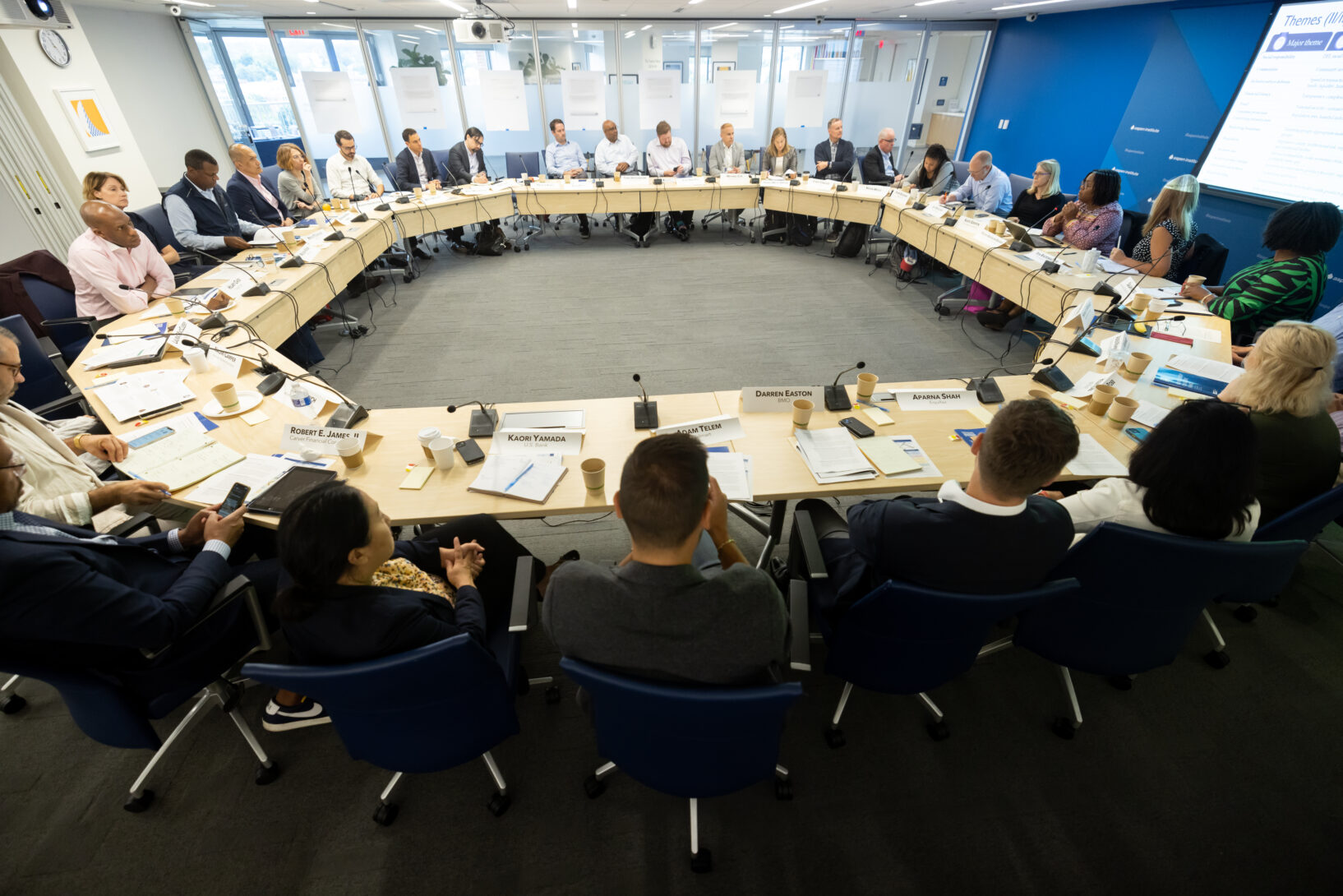Financial fraud and scams are an increasing threat against Americans’ public safety and financial health, with implications for our economy, the U.S. financial system, and national security. Criminals—including foreign actors—carry out their crimes on venues like social media, dating sites, job boards, online marketplaces, or even over a spoofed telephone call, breaking down the trust we have in our institutions. Increasing sophistication and use of technologies like AI and online platforms have exacerbated the depth and scale of this problem, impacting everyday consumers of all ages, and particularly the most vulnerable, leading to heartbreaking stories of people losing their personal savings.
This issue is complex and global, requiring a renewed and steadfast commitment across the public and private sectors to work together to:
- Ensure consumers have the knowledge and resources to spot and report scams
- Strengthen the ability for financial services firms, retailers, and social media companies—the places and spaces where people are interacting both socially and financially—to detect and mitigate fraudulent activities, to prevent fraud before it happens
- Ensure that our policy and regulatory environment aligns to needed best practices in both fraud prevention as well as recovery for customers who have lost money
- Collaborate effectively with law enforcement at all levels to expose and prosecute criminals and return hard-earned money back to consumers
This multi-sector task force, convened by Aspen FSP, will formalize a network of stakeholders who have a vested interest in making sure that consumers are protected and can restore trust in our financial system. While many of these organizations and institutions have long been collaborating to create solutions in siloes, the time-limited, action-oriented Task Force will strengthen these partnerships and create new ones.
Over a one-year period, we will organize working groups by key topic areas, such as:
- Fraud lifecycle: awareness/prevention; detection/mitigation; recovery/prosecution
- Prevention functions: consumer education, information and intelligence sharing, policy alignment
- Specific fraud/scam deep dives, such as: identity spoofing, telephone deep fakes, P2P recovery
Task force members will work with Aspen FSP to create and design meaningful dialogue that results in specific insights and proposed solutions for the field to carry forward. Meetings of the Task Force and its working group will be virtual. One public convening is planned for fall 2024 in Washington, D.C., to take place after several working groups have been convened, to report out on early progress and identify areas for further collaboration.
Inaugural Task Force Members
Amazon
American Bankers Association
Bank of America
Bank Policy Institute
BBB Institute for Marketplace Trust
Consumer Action
Consumer Bankers Association
Consumer Federation of America
Consumer Reports
Financial Services Information Sharing and Analysis Center (FS-ISAC)
Financial Technology Association
FINRA Foundation
Health Information Sharing and Analysis Center (H-ISAC)
JPMorgan Chase
Lumen Technologies
Mastercard
Meta
Microsoft
National Adult Protective Services Association
National Consumers League
National Council on Aging
National Cyber-Forensics and Training Alliance
National Retail Federation
Plaid
Propel
Public Private Strategies Institute
Retail & Hospitality Information Sharing and Analysis Center (RH-ISAC)
SaverLife
Stripe
U.S. Department of the Treasury
Verizon
Visa
Wells Fargo
Zelle
For more information about participating in the National Task Force for Fraud & Scam Prevention, please fill out this interest form.

